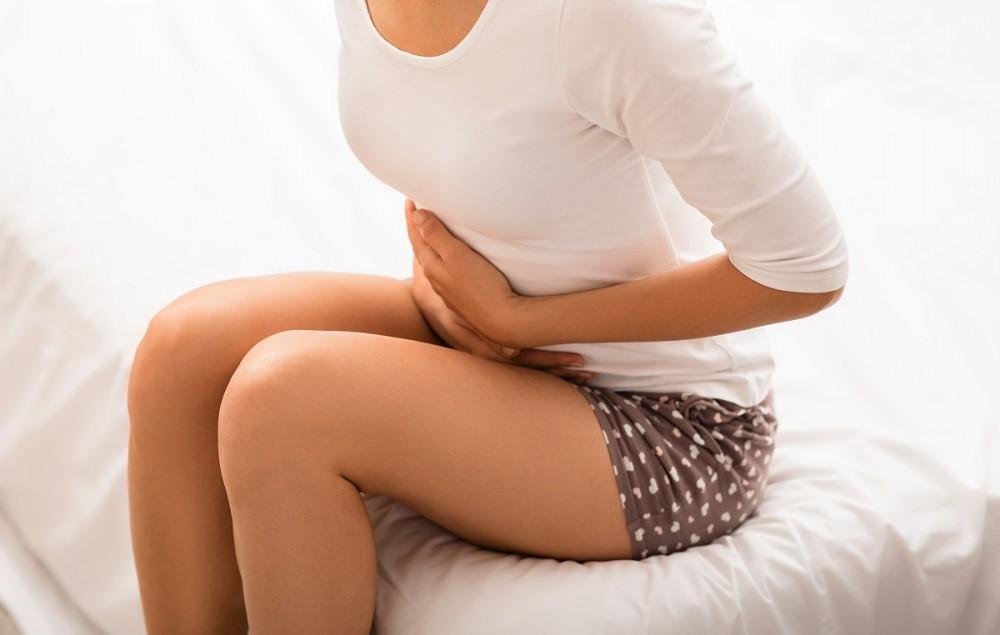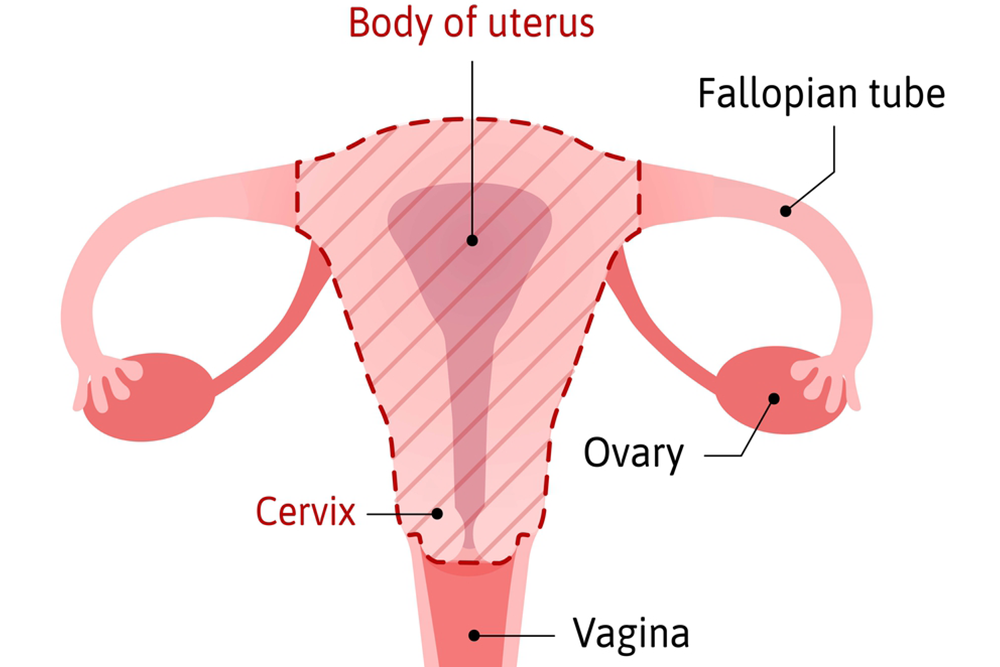
Understanding Your Mammogram Results
Interpreting mammogram results can be an emotional and confusing process for many women. These results...
Read MoreYour body experiences dramatic change during pregnancy and childbirth — and the journey continues into the postpartum period, too. After having a baby, your body transitions back to its pre-pregnancy state, but that transition can incite a lot of questions.
One concern that many women bring up is a change in their menstrual cycle, particularly a noticeable increase in menstrual flow. If you've found yourself wondering, "Why has my period gotten heavier after childbirth?" you're not alone.

Our team at The Women’s Center specializes in pregnancy, gynecology, and menstrual bleeding, and we’re here to help you find answers. Let's explore this phenomenon and shed some light on what might be causing it.
After giving birth, your body goes through a series of adjustments as it transitions back to its pre-pregnancy state. One aspect of this transition is the return of your menstrual cycle.
For some women, the first few periods after childbirth are heavier than before pregnancy. If it’s happening to you, it’s normal to wonder why.
Here are a few key factors that contribute to the changes in your period after having a baby:
Both pregnancy and childbirth trigger significant hormonal changes in your body, and it takes time for hormones to normalize after delivery. This fluctuation can contribute to changes in your uterine lining and blood vessels, resulting in a heavier period flow.
Breastfeeding also plays a role in postpartum menstrual changes. Exclusively breastfeeding can suppress ovulation and delay the return of your menstrual cycle after giving birth. However, when your periods do return, they might be heavier than usual due to hormonal fluctuation.
After your baby is born, your uterus starts to shrink back to its pre-pregnancy size. This process is called uterine involution. As your uterus contracts, it can lead to stronger and heavier menstrual cramps, along with increased blood flow.
Your body's blood volume increases by around 45% when you’re pregnant to support both you and your baby. After childbirth, your blood volume gradually returns to its normal levels. This adjustment in blood volume can contribute to a heavier menstrual flow as your body eliminates excess blood.
Some increase in menstrual flow after childbirth can be normal, but you should never hesitate to discuss your symptoms and concerns with your doctor. Our team is here to answer your questions, and we want you to feel informed and supported in your postpartum journey.
Signs of unusually heavy bleeding or other complications include:
Experiencing heavier periods after childbirth is common — but it’s important to recognize the signs of excessive bleeding, severe pain, and other unusual symptoms. Remember, you and your body have undergone an incredible transformation, and it's OK to seek help when you need it.
Contact The Women's Center in Orlando, Florida, for guidance and postpartum care. Call the office nearest you or book an appointment online to get started today.




Interpreting mammogram results can be an emotional and confusing process for many women. These results...
Read More
Hysterectomy, a surgical procedure involving the removal of the uterus, is often considered a last...
Read More
Menopause marks a significant transition in a woman's life, bringing about various changes that can...
Read More